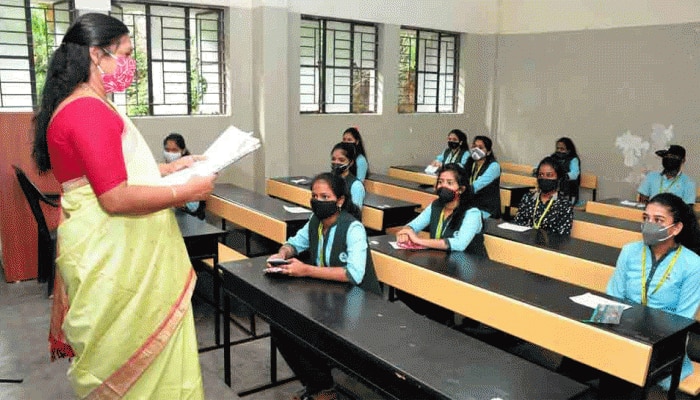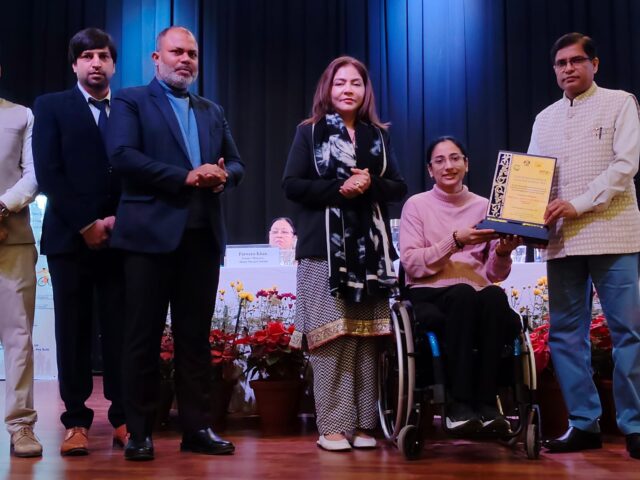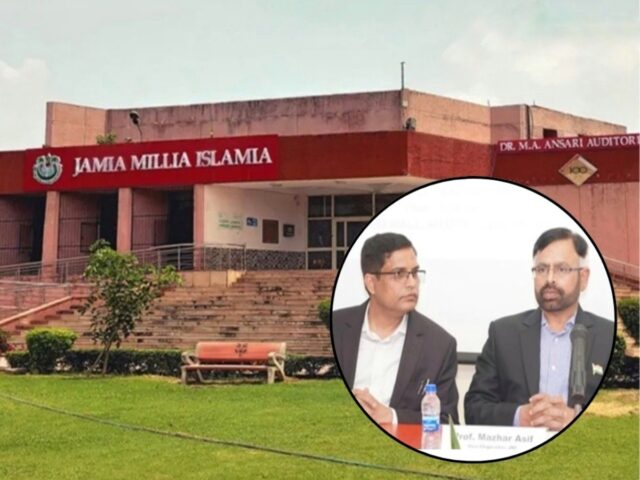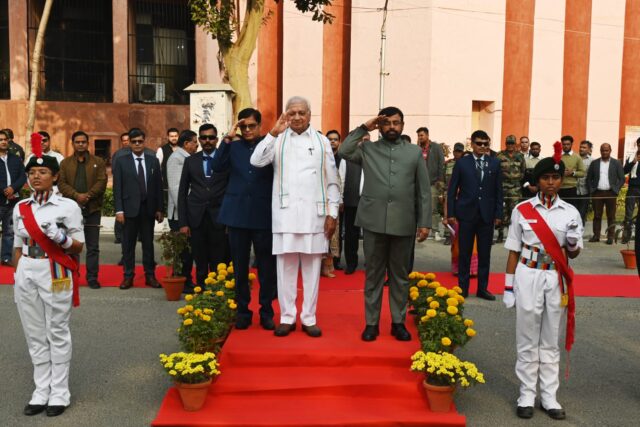About 60 school examination boards in the country, now every board in the country will have the same education! Know- why the government is bringing this change?

At present there are about 60 school examination boards in the country. Different states and union territories have different boards. But if you ask the truth, everyone has only one goal. That is to provide equal education to the children. But it has been observed that different boards run with their own curriculum, their own school evaluation and their own separate examination system. Now the government is working to mold it into symmetry. For this, preparations are being made by the Union Ministry of Education and the National Assessment Regulator ‘Parakh’.
What is test?
The full form of Parakh is Performance Assessment, Review, and Analysis of Knowledge for Holistic Development. Through this, all the recognized school boards in India will observe according to the guidelines of Parakh. Accordingly, we will teach and evaluate in schools. According to Parakh, emphasis is laid on tailoring the evaluation standards and assessments to provide industry specific education to the students.
Why is this ‘change’ needed?
A Central Government study revealed that many education boards in the country have different syllabus and assessment criteria for class 10 and class 12. State board and CBSE, ICSE, IB, everyone’s method is different. In such a situation, a situation of inequality arises in front of the students appearing in competitive examinations at the national level. Due to this, some students get its benefit, while some have to suffer its loss.
This change is happening from NEP 2020
In the last month of May 2023, citing the study, the Ministry of Education had said that there were 60 educational boards in the country in the year 2021-22. The purpose behind this was to implement the recommendation of the National Education Policy (NEP) 2020, which states that there should be a common benchmark for students of all school boards in the country. Its objective is the overall development of the students. The study was part of an exercise to enable ‘Parakh’ to set norms, standards and guidelines for student assessment and evaluation for all recognized school boards in the country. Certainly education is a state subject and not all states have adopted NEP 2020 yet.
Pattern all boards the same
India’s top school syllabus setting body is all set to come together to prepare a nationwide standard assessment protocol for classes 10 and 12 across all boards in the country. Through this, the pass rate in class 10 and 12 should be the same in different boards. Along with this, there was a similarity in the performance as well.
The National Council for Educational Research and Training (NCERT) organization prepares syllabus and text books for all boards. The regulator Parikh, prepared by NCERT, will now advise the boards across the country to give suggestions on how the process of all these boards can be given equality in a standard way, in terms of question pattern in exams and assessment of papers, etc.
Know from the figures – how the boards are different
According to a study by the Ministry of Education, the pass rate of students varies widely among different boards. The pass rate at the secondary level (Class 10) was 57 percent in Meghalaya and 61 percent in Madhya Pradesh, while Kerala and Telangana recorded pass rates of 99.85 percent and 97.6 percent. While CBSE and the school boards of Uttar Pradesh, Maharashtra, Bihar and Bengal cover about 50 per cent of the total students, the remaining 50 per cent study in 55 boards.
Former CBSE chairman Ashok Ganguly says the wide variation in the pass percentage in class X and XII board exams shows that there was no uniformity in the evaluation pattern. There are many boards who believe in increasing the marks because of their misconception that it will strengthen their position, which is not true.
Educationists consider change necessary
The former CBSE chairman considers it necessary to have uniformity in the evaluation process across all boards. He says that Parakh will largely be a federation of various school boards in India, where necessary guidelines will be drawn up and finalized to ensure uniformity in assessment across India.
Since the introduction of the National Education Policy 2020 in the field of education, many changes have come to the fore from pre-primary, Anganwadi to university level. After the initiative of Parakh, it is possible that within a few years uniformity will also emerge in the board education system. At present, the government is preparing loudly for this.





